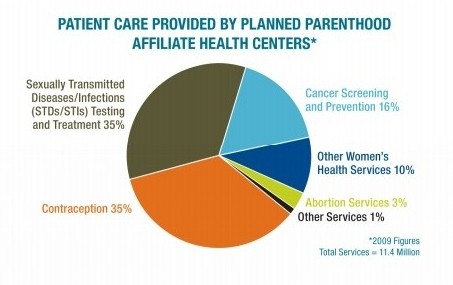
Comedian Stephen Wright once joked that 42.7% of all statistics are made up on the spot.
Recently, Arizona Senator and notably stubborn Jon Kyl provided us with the most famous example of just such behavior.
He can be seen here, stating that well over 90% of what planned parenthood does is abortions, despite the fact that the real amount is 3%. Later, he attempted to claim that his words were "not intended to be a factual statement" once it became clear he had just made up the 90% figure.

In a perfect world, all claims would be appropriately and accurately referenced, but we all know this just simply isn't the case, especially when it comes to politicians, the media, and those pushing an agenda dishonestly.
Has there ever been any scientific examination into how often quoted statistics are just made up? Do we honestly have any way to figure this out?
I assume any study of this would have to be limited to verifiable instances, such as recorded speeches or publications, as there would be no way to evaluate the amount of times it's done in personal conversations.

Not intended to be a factual statementis right up there with the Texas Board of Education textbooks! The Chinese, Indians, and every other country in the world must be chortling and just saying, "Excellent!" as they watch the US slide into Idiocracy.